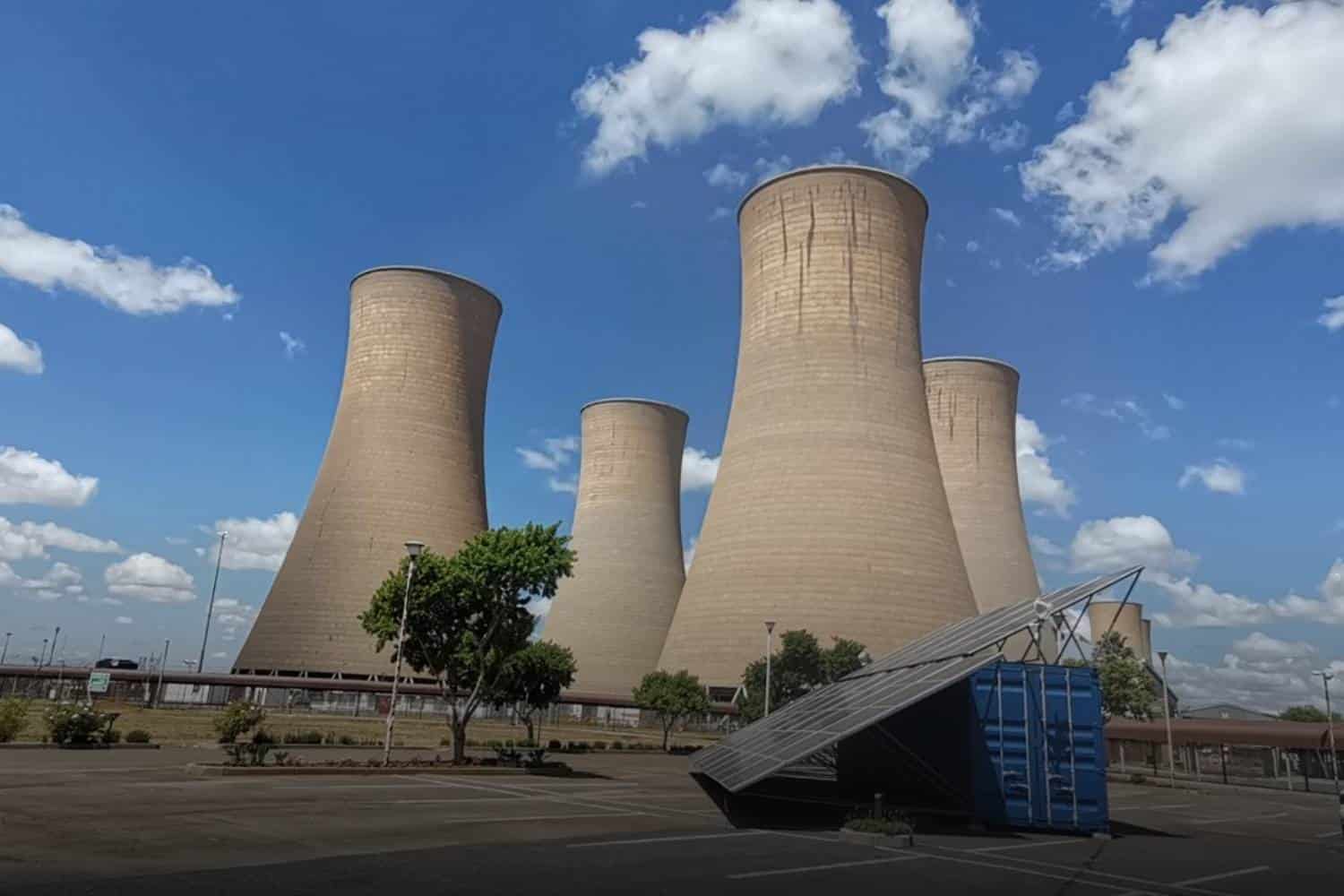The Department of Forestry, Fisheries and the Environment (DFFE) has granted Eskom a set of emissions exemptions for eight of its coal-fired power stations, with timelines ranging from five to ten years.
Forestry dept grants Eskom emission exemptions: Here’s what it means
The decision, announced by Minister Dion George on Monday, follows Eskom’s application in December under section 59 of the National Environmental Management: Air Quality Act.
Eskom applied for exemptions from minimum emission standards (MES) for Lethabo, Kendal, Tutuka, Matla, Duvha, Majuba, Matimba, and Medupi power stations.
These plants provide a combined total of 29 000MW to the national grid.
While the minister acknowledged Eskom’s request for longer periods, he opted for shorter timeframes, especially for stations scheduled to be decommissioned.
For instance, Duvha power station in Mpumalanga received an exemption until its planned shutdown on 21 February 2034.
George noted that Duvha’s ageing infrastructure makes retrofitting to meet MES targets impractical at this stage.
Matla, another station in Mpumalanga, was also granted an exemption until 2034, taking into account its strategic energy and mining linkages.
Most of the other power stations—Medupi, Majuba, Kendal, Lethabo, Tutuka, and Matimba—were granted five-year exemptions until 1 April 2030. Each station faces unique conditions.
For example, Lethabo’s exemption comes with strict requirements for health interventions due to its location near densely populated areas. Kendal’s exemption, meanwhile, is aimed at encouraging Eskom to ramp up renewable energy as part of offsetting its emissions.
Medupi’s exemption includes the need for a new cost-benefit analysis on installing flue gas desulphurisation technology, while Matimba is required to study and implement emission-reduction measures with socioeconomic offsets.
For Tutuka, stabilising operations and integrating renewable projects are key expectations during its exemption period.
Despite granting the exemptions, Minister George made it clear that this is not a free pass.
He stressed the need for Eskom to modernise, reduce environmental harm, and accelerate the country’s shift to cleaner energy.
“The aim is not to place Eskom under undue pressure, but we hope this does create enough urgency for them to adapt,” he said.
In response, Eskom released a media statement confirming it had noted the minister’s decision and would review the implications.
The utility said it welcomed the clarity provided, which allows the eight power stations to continue operating beyond the 31 March 2025 compliance deadline.
Eskom stated it remains committed to working with the department and other stakeholders to align with regulations and implement sustainable operational changes.
The exemptions give Eskom additional time to reduce harmful emissions like sulphur dioxide (SO₂), particulate matter (ash), and nitrogen dioxide (NO₂) while keeping the electricity supply stable.
However, the utility is now under pressure to deliver on its promises to reduce pollution while helping lead South Africa’s energy transition.
